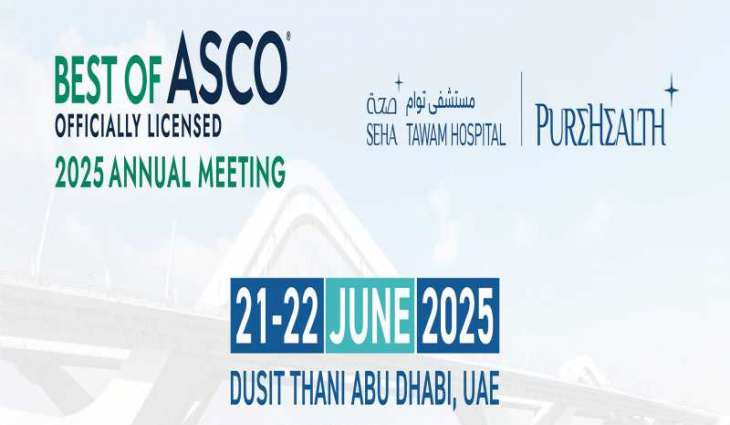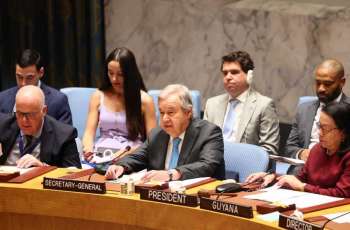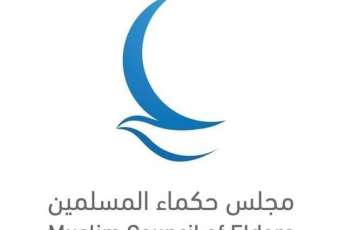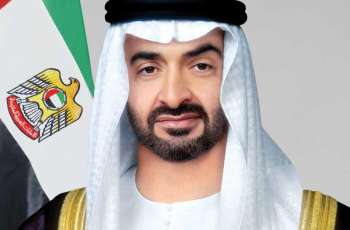ABU DHABI, (Pakistan Point News - 22nd Jun, 2025) The Best of ASCO UAE Conference 2025, organised by SEHA, part of PureHealth Group, in collaboration with Tawam Hospital, concluded today after two days of in-depth sessions showcasing the latest developments in cancer diagnosis and treatment.
The event brought together leading oncology experts from across the globe to share knowledge and explore emerging scientific and technological advances in the field.
The third edition of the conference featured expert-led scientific sessions covering major oncology domains, including breast cancer, gastrointestinal malignancies, and gynaecologic tumours. Discussions also addressed advances in immunotherapy, targeted therapies and modern technologies in early detection and diagnostics.
Professor Debu Tripathy, Chair of the Department of Breast Medical Oncology at the University of Texas MD Anderson Cancer Center, told the Emirates news Agency (WAM) his session highlighted research on targeting oestrogen receptors, a key pathway in the progression of breast cancer.
He said, “We are witnessing a paradigm shift with the emergence of new therapies beyond conventional hormonal treatments. These include targeted biological agents such as CDK inhibitors and PI3 kinase inhibitors, which are transforming how we treat advanced-stage disease.”
Tripathy noted that these therapies are now being considered for use in early-stage and adjuvant settings, with data showing promising results in reducing relapse rates. He provided a comprehensive overview of early-stage applications of CDK inhibitors, expressing optimism that these may eventually help lower mortality rates, although further evidence is still needed.
He described the results from ribociclib as particularly encouraging, along with similarly positive data for abemaciclib, indicating that these drugs could significantly improve patient outcomes.
Tripathy also discussed progress in circulating tumour DNA (ctDNA) technology, explaining that tracking molecular alterations in blood samples could allow for proactive treatment adjustments before clinical progression becomes evident. He stressed that this fast-evolving field is a focal point of this year’s conference.
He underlined the importance of convening such conferences, especially in the middle East, where the average age of patients tends to be younger compared to Western countries. This, he noted, calls for region-specific treatment strategies and research efforts.
Dr. Faisal Alterkait, consultant Medical Oncologist and Head of the Breast Cancer Unit at Kuwait Cancer Center, highlighted a recent study discussed at the conference on HER2-positive breast cancer. He explained the findings demonstrated the potential to reduce the use of traditional chemotherapy agents such as carboplatin in early-stage cases, without compromising treatment efficacy, when combining targeted therapies like Herceptin and Perjeta.
He said, “The study represents a shift in treatment protocols that could significantly improve patients’ quality of life. We look forward to applying these findings in clinical practice in Kuwait.”
Dr. Alterkait also emphasised the importance of continued scientific collaboration across the GCC and the UAE, particularly given regional challenges such as the relatively younger age of breast cancer patients. While the average age of high-risk patients in the US and Europe is around 64, many Gulf patients are diagnosed before the age of 40.
He called for intensified early screening programmes, particularly for women under 40, noting that early detection can boost survival rates to over 90 percent if the disease is caught in its initial stages. He cautioned against delaying screening, which can lead to disease progression and complicated treatment outcomes.
He concluded by stating that early detection remains the most decisive step in the fight against breast cancer.




